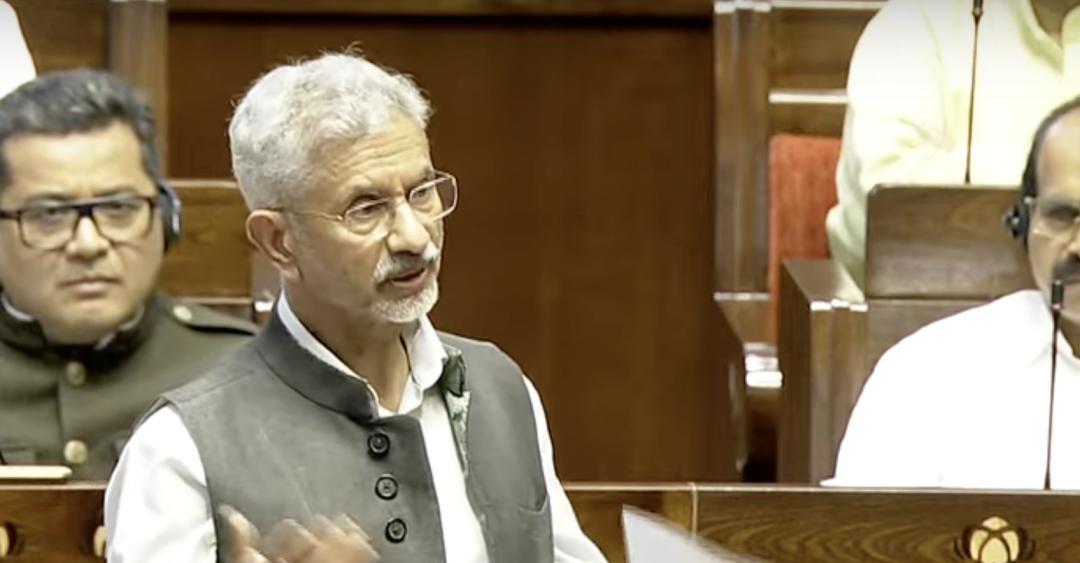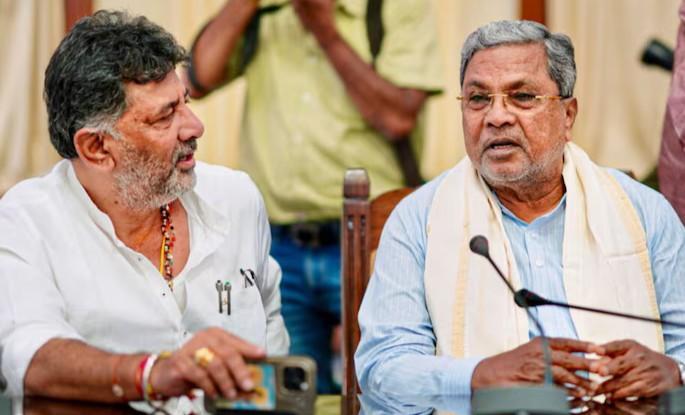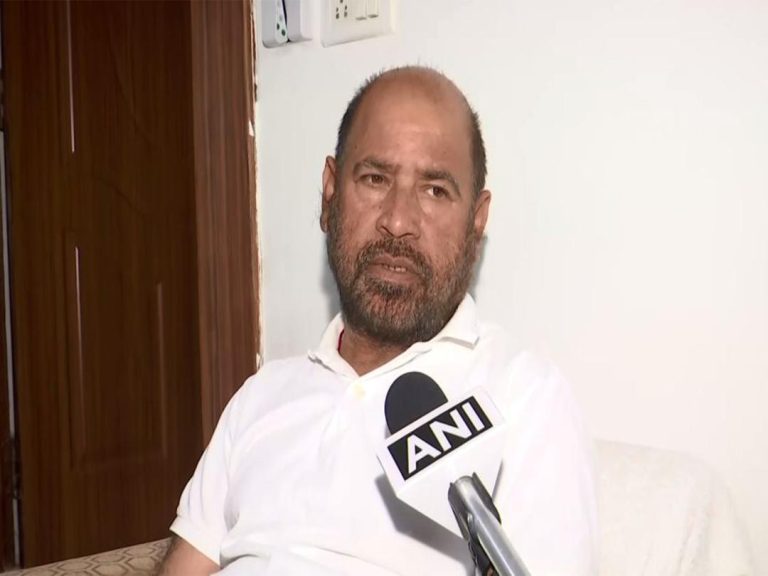
We did a global service by destroying Bahawalpur & Muridke: EAM
In a recent address to the Rajya Sabha, India’s External Affairs Minister, S Jaishankar, made a bold statement that has sent shockwaves across the globe. When asked about India’s recent military operation, Operation Sindoor, which targeted nine Pakistani terror camps, Jaishankar proudly proclaimed that India did a “global service” by reducing two of those camps, Bahawalpur and Muridke, to dust. This statement has left many wondering what he meant by this declaration, and what implications it has for international relations and global security.
For decades, Bahawalpur and Muridke have been considered the biggest centers of terrorism globally, serving as hubs for militant groups and training grounds for terrorists. These camps have been responsible for countless attacks and atrocities, causing widespread suffering and destruction. Therefore, it is no surprise that when India finally took action against these camps, the international community welcomed the move with open arms.
Jaishankar’s statement is a testament to the significant impact that India’s military operation had on the global fight against terrorism. By targeting these camps, India dealt a major blow to the terrorist infrastructure and disrupted the flow of resources and operatives that fueled their activities. This not only weakened the terrorist organizations but also sent a strong message to other countries that India would not tolerate such activities on its borders.
The destruction of Bahawalpur and Muridke was a significant achievement for India, as it marked a major milestone in its efforts to combat terrorism. For years, India has been plagued by terrorist attacks, and the government has been working tirelessly to identify and eliminate terrorist camps and networks. The success of Operation Sindoor is a testament to India’s commitment to fighting terrorism and protecting its citizens.
Jaishankar’s statement also highlights the importance of international cooperation in the fight against terrorism. By working together, countries can share intelligence, coordinate efforts, and pool resources to tackle the complex and evolving threat of terrorism. India’s decision to take action against the terrorist camps in Pakistan is a prime example of this cooperation, as it demonstrates the country’s willingness to take bold action to protect its interests and security.
The implications of Jaishankar’s statement extend beyond the realm of international relations and global security. It also has significant domestic implications for India, as it highlights the government’s commitment to protecting its citizens and upholding national security. The success of Operation Sindoor is a major boost to India’s national morale, as it demonstrates the country’s ability to take decisive action against terrorist threats.
Furthermore, Jaishankar’s statement sends a strong message to other countries that India will not hesitate to take action to protect its interests and security. This is particularly significant in the context of India’s growing presence on the global stage, as it highlights the country’s willingness to assert its influence and defend its interests.
In conclusion, EAM Jaishankar’s statement that India did a “global service” by destroying Bahawalpur and Muridke is a significant declaration that highlights the impact of India’s military operation on the global fight against terrorism. By targeting these camps, India dealt a major blow to the terrorist infrastructure and sent a strong message to other countries that it would not tolerate such activities on its borders. This statement also highlights the importance of international cooperation in the fight against terrorism and the commitment of the Indian government to protecting its citizens and upholding national security.
Source:
https://www.youtube.com/watch






